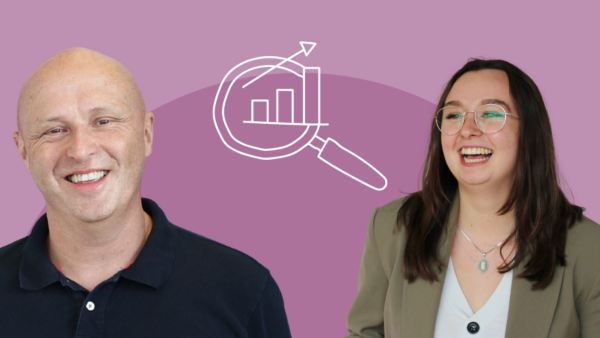At times, we have to think, act and make decisions at pace. However, being hasty could potentially lead to unforeseen circumstances impacting ourselves, others and the organisation. Therefore, it should come as no surprise that
So would you like to make a habit of slowing down?
Here are our top tips on how to do it:
1. Give yourself a chance
Science shows us that multitasking is impossible. We are never parallel processing, we’re just doing things one after another really quickly, while our neural impulses are rapidly darting across the brain from left to right hemispheres.  So if your world is telling you that you need to multitask, remember to take a moment to relax, slow down and give yourself a chance to think and respond – not just panic and react. This is particularly important when working in high intensity environments, experiencing a lot of stimuli all at once. So if you can learn how to pull back, separate yourself from the intensity of a situation and slow things right down, you give yourself a lot more in the way of choices.
So if your world is telling you that you need to multitask, remember to take a moment to relax, slow down and give yourself a chance to think and respond – not just panic and react. This is particularly important when working in high intensity environments, experiencing a lot of stimuli all at once. So if you can learn how to pull back, separate yourself from the intensity of a situation and slow things right down, you give yourself a lot more in the way of choices.
2. Connect properly
Go slower, reduce the pace of your thinking, speaking and acting, to pay better attention to verbal and non-verbal communication all around you. This will help you read people and situations so much better! Therefore, the next time you’re sitting somewhere – café, park, train, meeting – just slow right down. Get rid of all the random thoughts and distractions that rattle around in your brain all day long, keeping you from being in the moment (because you’re being drawn to the future or the past) and just people watch. You’ll be amazed at what a wealth of information you’ll pick up about what’s really going on. And that helps enormously in connecting with people at a respectful, human level.
3. Build resilience
Going slow helps you to feel more in control and less overwhelmed by all the hectic madness because you’re able to do two things: firstly, recognise that there are things in your control and that you have a choice in every situation (creating a sense of confidence and strength in stressful and unpredictable situations). And secondly, you then have time to focus in on what matters to you – your purpose and values, to find it easier to keep a sense of perspective when things get busy.

4. Appreciate
Going slow helps you really appreciate your surroundings and everything life gives you, good and bad. In the podcast on the negativity bias, we explained how our brains are hardwired to pay more attention to negative stimuli – thoughts, feelings, emotions. Which means that to create more balance in the way we see and interact with the world, we need to spend proportionally more time attending to the positives, which is unusual for us as humans. To do this well, it’s essential to slow down and really savour the positive – tastes, smells, emotions, sights, sounds, experiences – so that we’re immersed in the full spectrum that the world has to offer.
Did you know this blog is also available as a podcast along with some other incredible content? Check it out on iTunes, Spotify, Acast.












